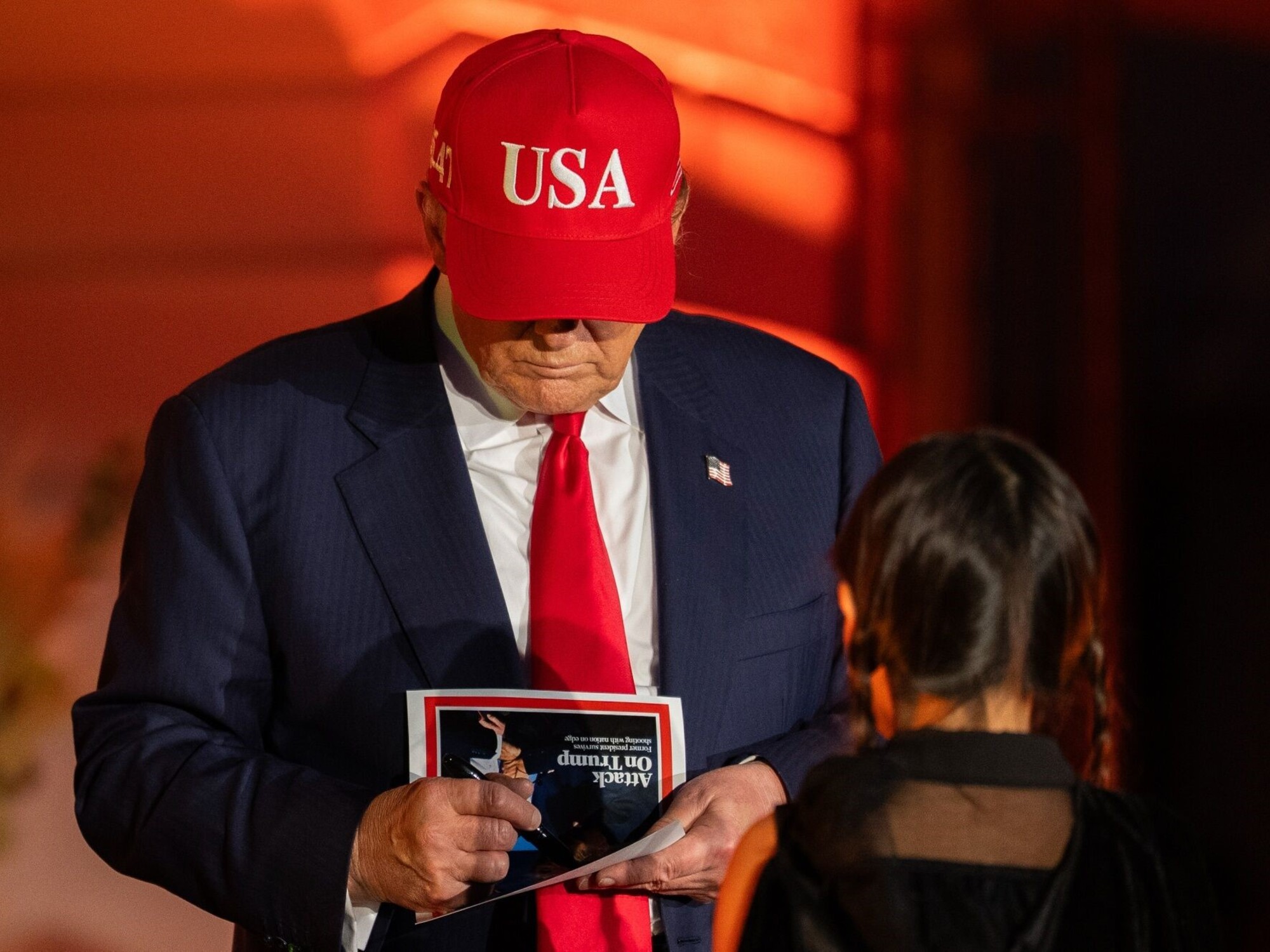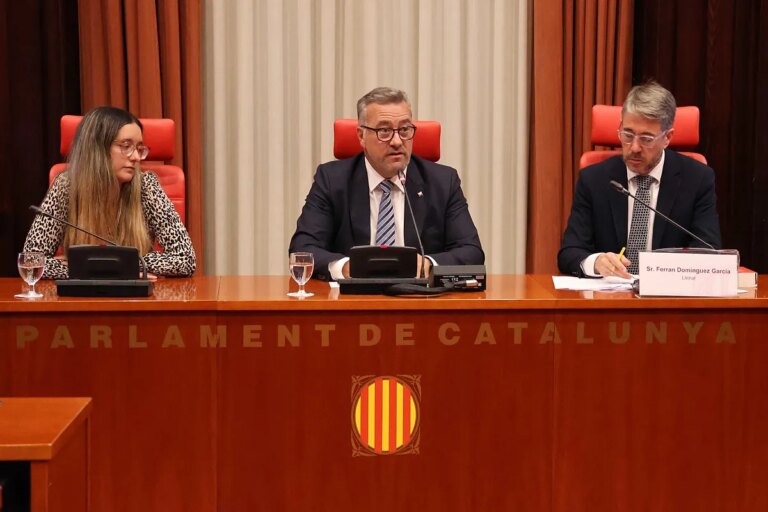
President Donald Trump signed an executive order Friday eliminating U.S. tariffs on agricultural imports. beef, banana, coffee, tomatoamid increasing pressure to reduce Americans’ cost of living.
After analyzing issues such as the United States’ national production capacity for certain products, the executive order decided to exempt some agricultural products from the “reciprocal” tariffs imposed this year.
The list released by the White House includes agricultural products that the United States does not grow or grows too little compared to demand, such as coffee, tea, avocados, tomatoes, mangoes, pineapples, bananas and coconuts.
On April 2, President Trump issued an executive order that significantly changed trade policy and imposed tariffs of at least 10% because he believed the trade deficit posed an “unusual and extraordinary threat to the national security and economy of the United States,” according to a White House statement.
This minimum duty is subject to additional charges depending on the country and product.
The U.S. Treasury began collecting significant monthly revenues, but at the same time these tariffs also exacerbated inflation.
After an initial review on September 5, President Trump now believes the tariffs should be lowered again given “current domestic demand for certain products and domestic production capacity for certain products.”
In polls, Americans cite the cost of living as one of their top concerns.
The United States on Thursday announced tariff agreements that realign its trade policies with Argentina, Ecuador, El Salvador and Guatemala, all important producers of raw materials such as coffee, beef and fruit.
Coffee prices rose 20% in August and September.
Following Friday’s announcement, National Coffee Association President Bill Murray said in a statement that the decision will help “relieve cost-of-living pressures for the two-thirds of U.S. adults who consume coffee every day.”
The Trump administration acknowledged that Worried about living expenses The problems facing Americans, and those that motivated the electoral punishment Democrats received a year ago.
“That’s a problem we’re going to fix, and we’re going to fix it right away,” Kevin Hassett, director of the White House National Economic Council, said this week.
In addition to lowering tariffs, President Trump announced a week ago that he would investigate the practices of meat processing companies, accusing them of colluding to fix prices.
Consumer prices for beef and veal rose almost 15% year-on-year in September, according to the latest official data available.
In a recent report, the Farm Bureau, America’s main agricultural organization, attributed these record prices to a significant decline in cattle numbers in recent years (lowest in 74 years) and consistently strong demand.



